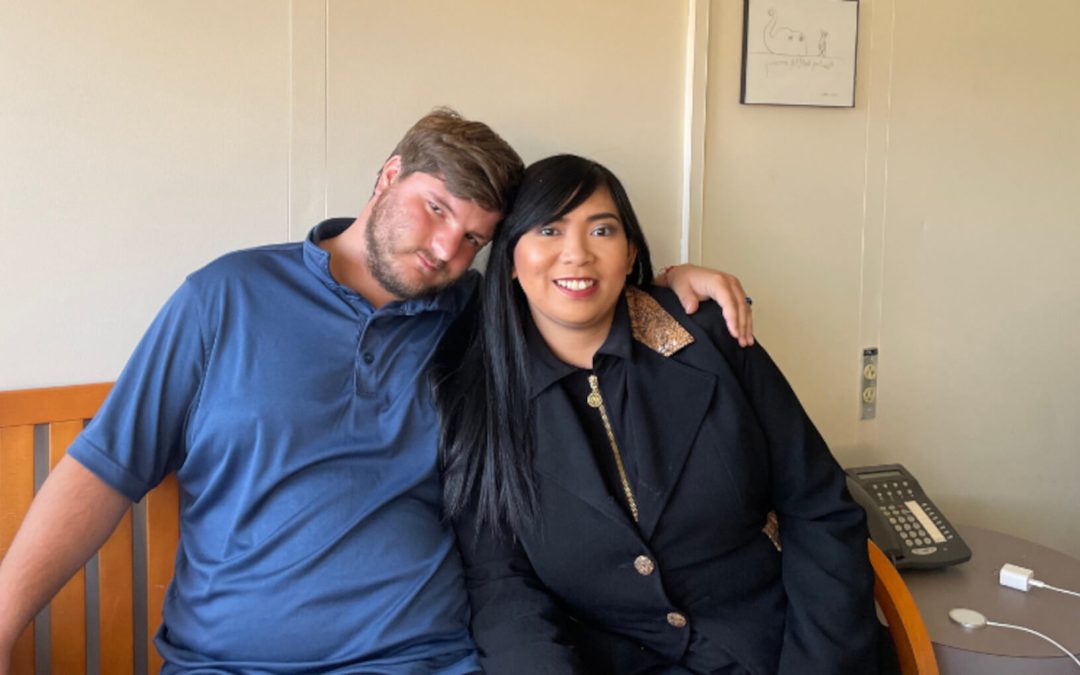In this episode of the Autism News Network podcast, Dr. Frampton Gwynette is joined by his wife, Dr. Gretchen Gwynette, to discuss the latest COVID-19 medical news and what it means for YOU. We are in the grips of a true pandemic, so this is critical information. And yes, this episode does mention toilet paper!
You can follow Dr. Gwynette on Twitter and Instagram.
Music by @MrBobbyKalman



0 Comments